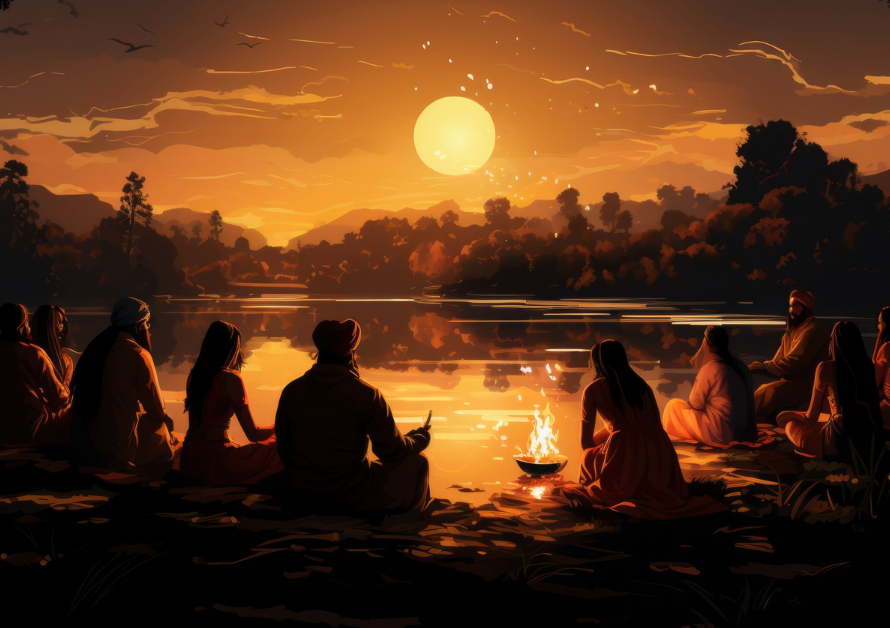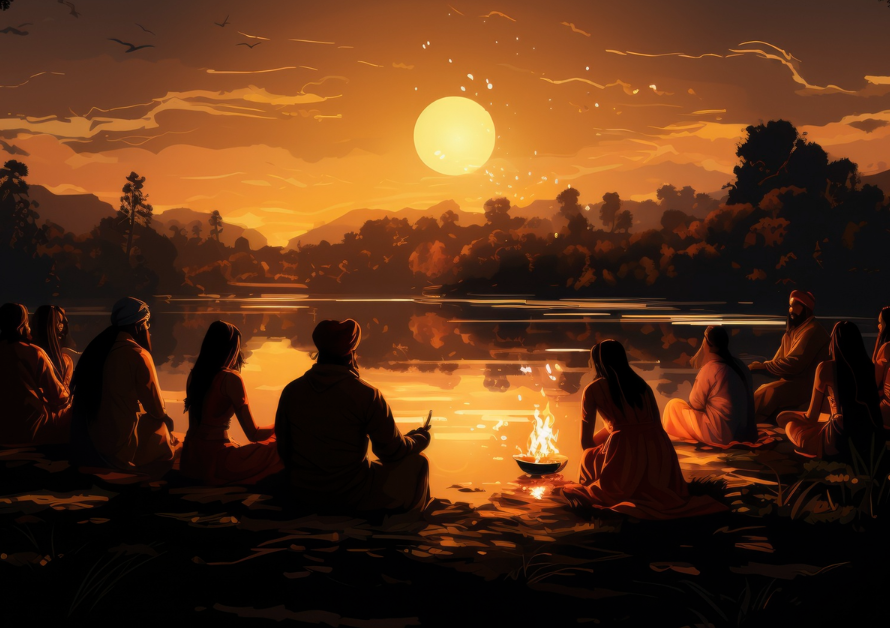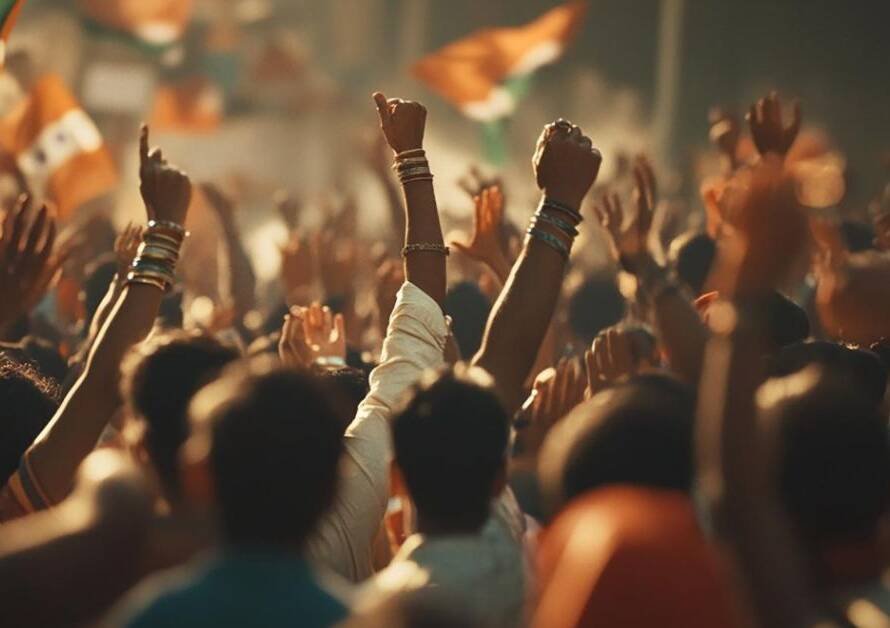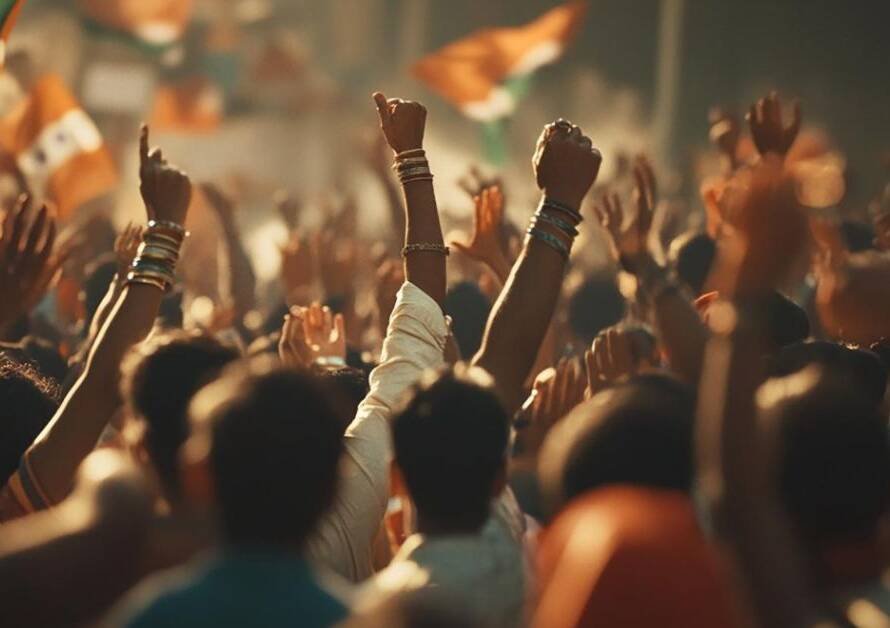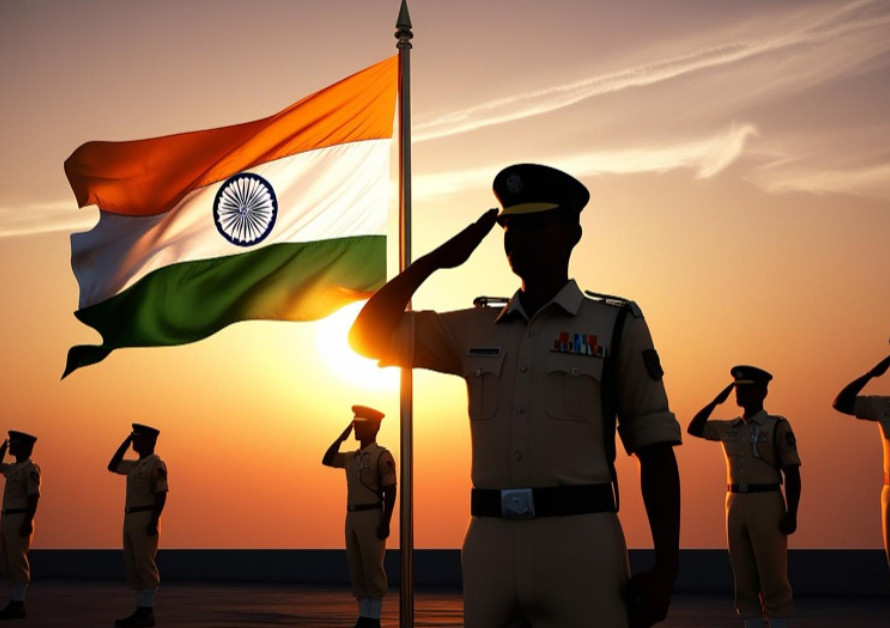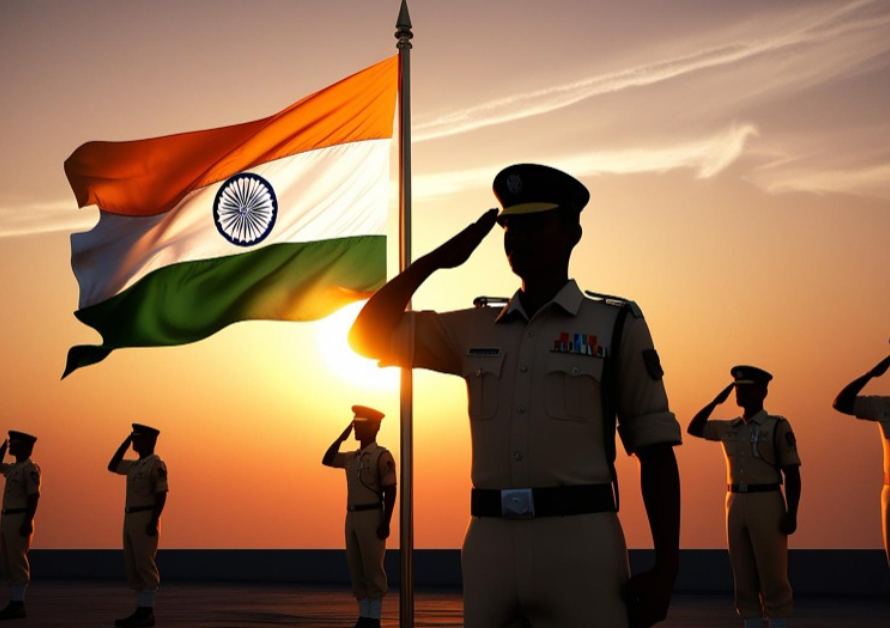The concept of “traitor” in the context of Hindu history and Sanatan Dharma can be interpreted differently depending on the perspective. Some people see individuals or groups as “traitors” who have harmed Hindu society, culture, or religious traditions—whether intentionally or due to poor decisions or alliances. Here are some historical examples and recent events often cited as instances of internal betrayal and their harmful impacts:
- Historical Examples: Strategic Mistakes and Alliances
Prithviraj Chauhan and Jaichand: The rivalry between Prithviraj Chauhan and Jaichand of Kannauj in the late 12th century is often seen as a cause of foreign invasions. It is said that Jaichand sided with Muhammad Ghori against Prithviraj, weakening his military strength. Although many historians question the authenticity of this betrayal, the story is frequently cited to highlight the dangers of internal division.
Internal Divisions During Islamic Invasions: During the early medieval period, the resistance against Islamic invasions was often weakened due to a lack of unity among various Hindu kingdoms. These internal divisions and the absence of a coordinated defense allowed many Islamic rulers to establish their rule over parts of India, having a lasting impact on Hindu society, culture, and religious traditions.
Betrayal in the Maratha Empire: The Maratha Empire, founded by Chhatrapati Shivaji Maharaj, was a powerful force against the Mughals and a protector of Hindu interests. However, after Shivaji’s death, internal conflicts and betrayals weakened the empire, such as during the Third Battle of Panipat (1761), where a lack of unity among Indian rulers led to a devastating defeat by Ahmad Shah Abdali.
Betrayal During British Rule: The British Empire exploited internal divisions among Indian states and within Hindu society to establish their dominance. Certain Indian rulers and local collaborators sided with the British, undermining Hindu sovereignty and culture. Figures like Mir Jafar in Bengal are seen as examples of such betrayal, which facilitated colonial rule.
- Political Dynamics After Independence
Political Alliances and Vote-Bank Politics: After independence, some political parties have been accused of engaging in “appeasement politics,” where they neglect Hindu concerns for electoral gains. This is seen as a betrayal of Hindu interests, as leaders compromise on Hindu rights and traditions to secure minority votes.
Government Control of Temples: In India, many Hindu temples are under government control, while religious sites of other communities are managed independently by their respective groups. This state control has led to mismanagement, depletion of temple funds, and misuse of resources. Critics argue that Hindu leaders and politicians supporting this policy have compromised the preservation of Hindu religious practices.
Educational and Cultural Changes: The educational curriculum in India has sometimes been accused of downplaying the achievements of Hindu history while emphasizing other narratives. Some Hindu scholars believe that this diminishes cultural pride and awareness, creating a generation less connected to Sanatan Dharma.
- Modern Challenges and Issues
Conversions and Social Fragmentation: Some groups and individuals within Hindu society have, either unknowingly or actively, facilitated conversion activities, especially in vulnerable communities. This is seen as contributing to the weakening of Hindu demographics and fostering divisions within the community.
Selective Activism and Lack of Unity: Modern Hindu society is often fragmented along lines of caste, language, and region. Political leaders have further exploited these divisions, making collective action on issues affecting Hindu communities difficult. This results in a lack of effective response on matters like religious freedom and social reform.
Intellectual and Media Bias: Some intellectuals, media personalities, and activists criticize Hindu beliefs, traditions, and leaders while often not scrutinizing other religions to the same extent. This selective criticism weakens the self-image of the society and leads to internalized biases against Hinduism.
- Recent Events and Anti-Hindu Sentiments
Anti-Hindu Rhetoric in Academia and Social Media: Hindu traditions, practices, and figures are often criticized on social media and in academia. When influential Hindus participate in or support such discussions, it legitimizes anti-Hindu biases and negatively shapes national and international perceptions of Sanatan Dharma.
Allegations of Political “Betrayal”: Recently, some pro-Hindu groups have accused Hindu politicians in secular parties of supporting policies or narratives that harm Hindu culture. Controversies include issues surrounding festivals, temple rights, and religious education. Some Hindu leaders are criticized for backing such policies due to political pressure, despite the long-term negative consequences for Hindu society.
The Way Forward: Unity and Awareness
Understanding these problems, many Hindu thinkers and leaders emphasize the importance of unity among Hindus beyond caste, region, or political party lines. They believe that raising awareness and strengthening the internal unity of Hindu society is essential to counter external and internal challenges.
This approach advocates for:
Educational Reforms: Teaching a history that recognizes both the achievements and struggles of Hindu society.
Temple Autonomy: Restoring the management of Hindu temples to independent boards led by the Hindu community.
Political Participation: Encouraging Hindus to be politically informed and united in supporting leaders who prioritize Hindu rights.
Cultural Pride and Preservation: Fostering pride in Hindu heritage and supporting narratives that align with the philosophy of peace and inclusiveness of Sanatan Dharma.
Ultimately, many Hindus believe that learning from past mistakes, overcoming internal divisions, and fostering a sense of collective responsibility will ensure the preservation and growth of Sanatan Dharma.


